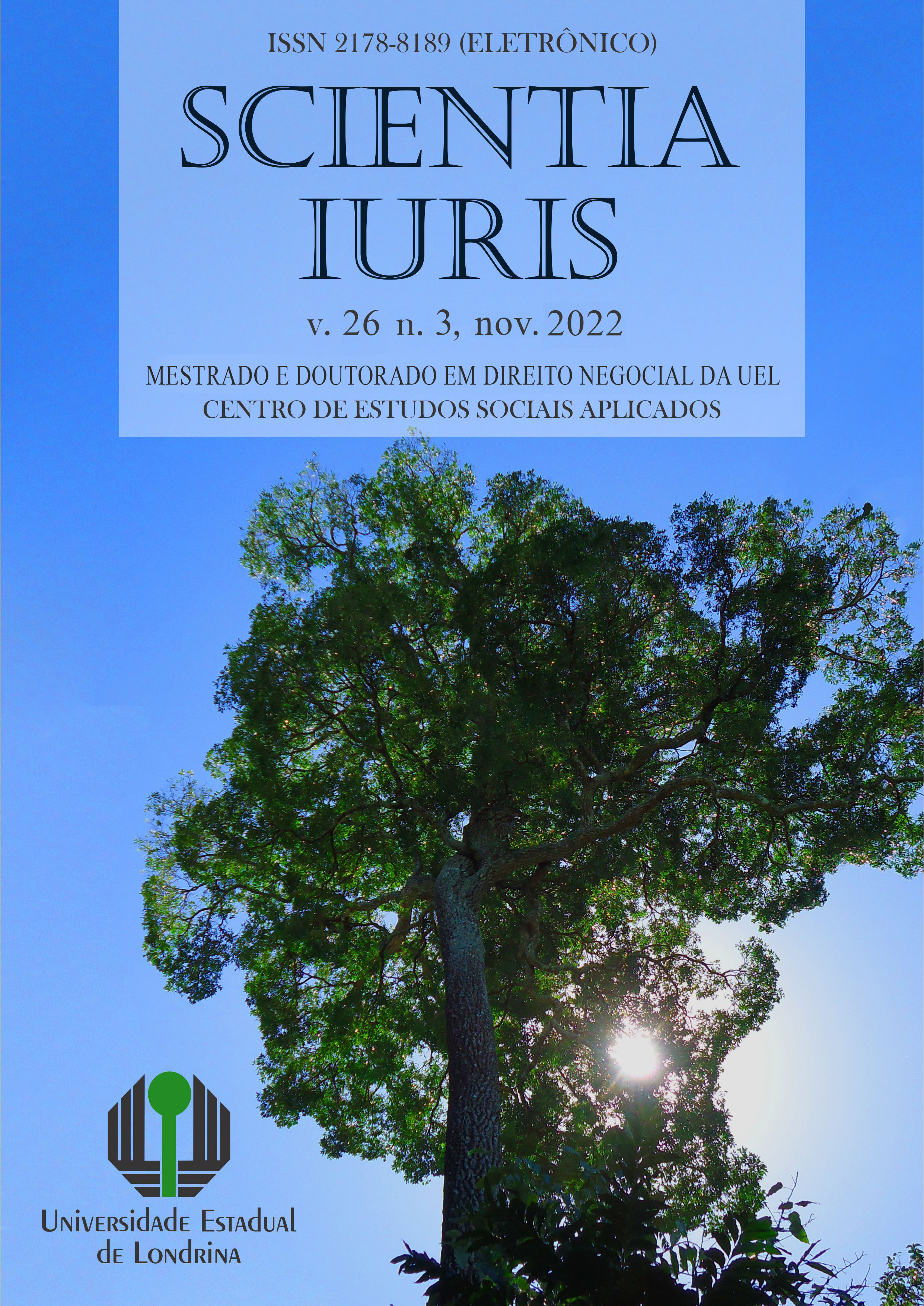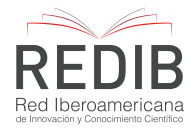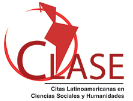Crimes in business relations in the light of the theory of legal good and the hassemer's intervention
DOI:
https://doi.org/10.5433/2178-8189.2022v26n3p92-108Keywords:
Personal legal good, Crimes in business relations, Right of interventionAbstract
This text explored the main motivations of the German jurist Winfried Hassemer in the construction of his recognized personal theory of the legal good. To do so, initially, it dealt with the first concepts of the legal interest and how it developed over time. Then, Hassemer's thought was exposed in order to present the author's arguments to return to the bases of Criminal Law, for a formulation of the legal good consistent with the basic principles of this field, as well as with the fundamental guarantees of the human person that they inaugurate and sustain the Democratic Rule of Law. At the end, his position regarding the business crimes that aim to protect the economic order, and his theoretical proposal entitled the right of intervention, were exposed. What is noticed is a theory concerned with the expansionist tendency that affects the Criminal Law, without completely discarding it, but rather, seeking to outline models of intervention by law that are effective in protecting human beings and his well-being, and not in the unbridled expansion of the State's punitive power.
Downloads
References
BASOCO, Juan Maria Terradillos. Derecho penal econômico. Lineamientos de política penal. Revista del Instituto de Ciencias Jurídicas de Puebla. México. Ano IX nº35, 2015
DISSENHA, Rui Carlo. Bem Jurídico penal supraindividual e a obrigatoriedade de repressão. Revista UNICURITIBA. Grupo de Pesquisa, Liberdades Públicas e Direito Econômico. Vol. 1; nº 30, 2013
HASSEMER, Winfried. Sobre a arquitetura de um direito penal da segurança. Tradução de Tito Lívio Cruz Romão. Revista de Doutrina Estrangeira. Direito Público nº 14 out/nov/dez, 2006.
__________ . Persona, mundo y responsabilidade. Bases para uma teoria de la imputacion em derecho penal. Tradução de Muñoz Conde e María del Mar Díaz Pita. Editoral Temis. Bogotá. 1999
___________. <<Derecho penal simbólico y protección de bienes jurídicos>>. Tradução de Elena Larrauri. In Pena y Estado. Santiago. 1995, Pp. 23 – 36.
___________ . Perspectivas del derecho penal futuro. Tradução de Enrique Anarte Borrallo. Revista Penal, ano 1. P. 37-42, 1998
___________ . Direito Penal, fundamentos, estrutura e política. Organização e tradução: Carlos Eduardo de Oliveira Vasconcellos. Porto Alegre: Sérgio Antônio Fabris Editor, 2008.
MENTOR, Diogo. Teoria de intervenção: a alternativa de Winfried Hassemer à inflação dos crimes econômicos. Rio de Janeiro: Lumen Juris, 2016.
PEREIRA, Henrique Viana. Teoria da incapacidade penal da pessoa jurídica. Belo Horizonte: Editora Expert, 2020.
PEREIRA, Henrique Viana; MIRANDA, Luiz Henrique Nogueira Araújo. O bem jurídico como limitação do poder punitivo a partir da teoria monista-pessoal. Revista Magister de Direito Penal e Processual Penal, v. 99, p. 126-154, 2021.
PRADO, Luiz Regis. Direito penal econômico: ordem econômica, relações de consumo, sistema financeiro, ordem tributária, sistema previdenciário, lavagem de capitais, crime organizado. 4 ed. São Paulo: Revista dos Tribunais, 2011
¬¬¬___________. Bem Jurídico-penal e Constituição. 3 ed. São Paulo: Revista dos Tribunais, 2003.
SÁNCHEZ, Jesus- Maria Silva. A expansão do direito penal. Aspectos da política criminal nas sociedades pós-industriais. Tradução Luiz Otavio de Oliveira Rocha. 3 ed. São Paulo: Revista dos Tribunais, 2013.
SOUZA, Luciano Anderson de. Direito Penal Econômico – Fundamentos, Limites e Alternativas. São Paulo: Quartier Latin, 2012.
Downloads
Published
How to Cite
Issue
Section
License
Copyright (c) 2022 Scientia Iuris

This work is licensed under a Creative Commons Attribution 4.0 International License.
The journal reserves the right to modify, in the original text of the submitted article, normative, spelling and grammatical mistakes in order to maintain the cultured standard of language and the credibility of the journal. The journal will respect the authors' writing style. Changes, corrections or suggestions of conceptual order will be sent to the authors, when necessary. In such cases, the articles will be re-examined. The final exams will not be sent to the authors. The published works become the property of the journal, in other words, its total or partial reprinting is subject to the express authorization of the journal. In all subsequent citations, the original source of publication shall be cited and in the case of Photographic Speeches, shall be approved by the original author. The opinions expressed by the authors of the journal’s articles are of their sole responsibility.















